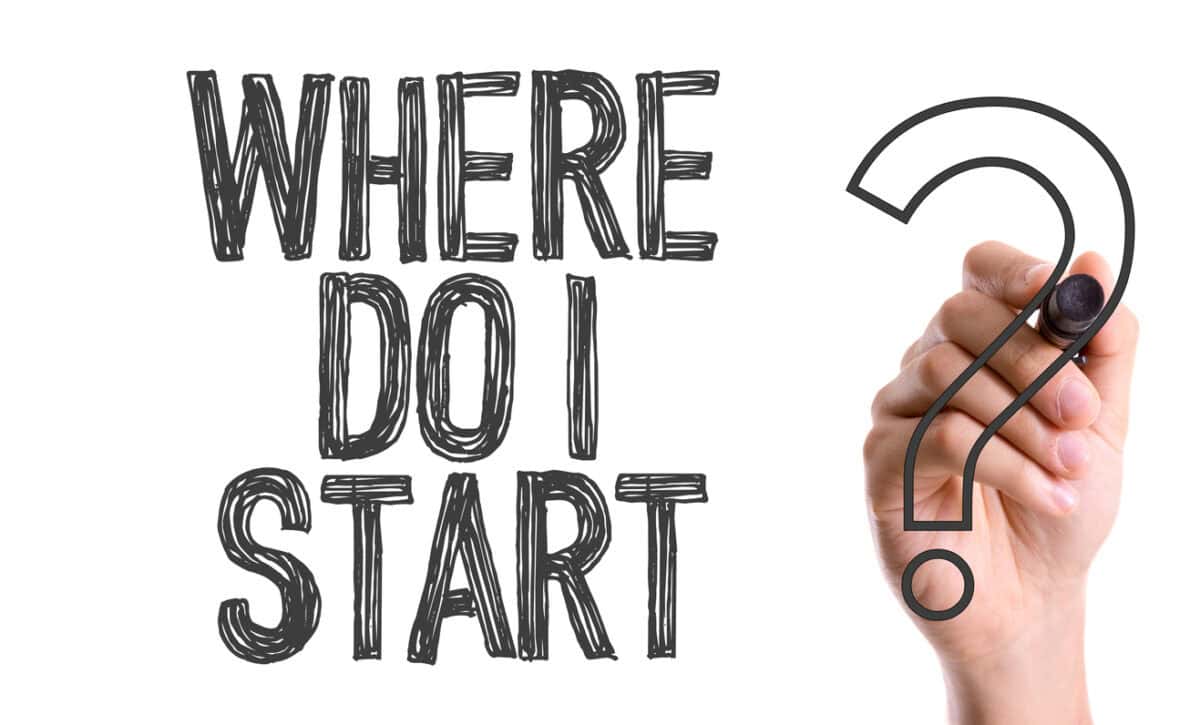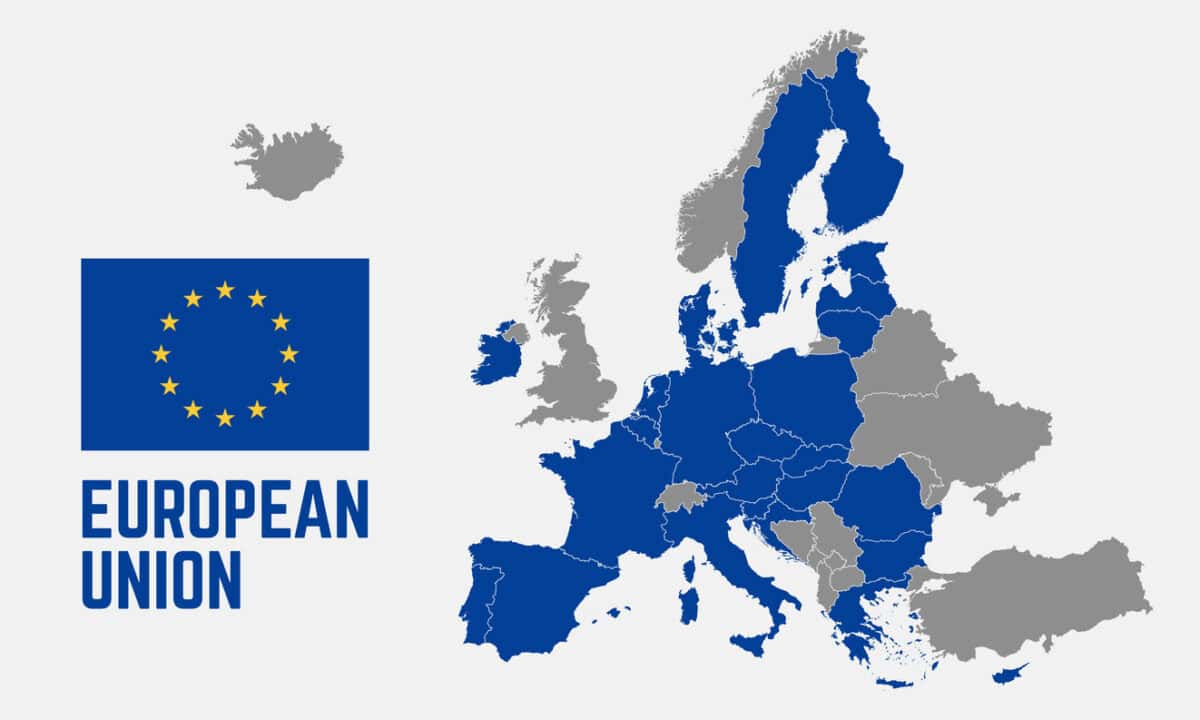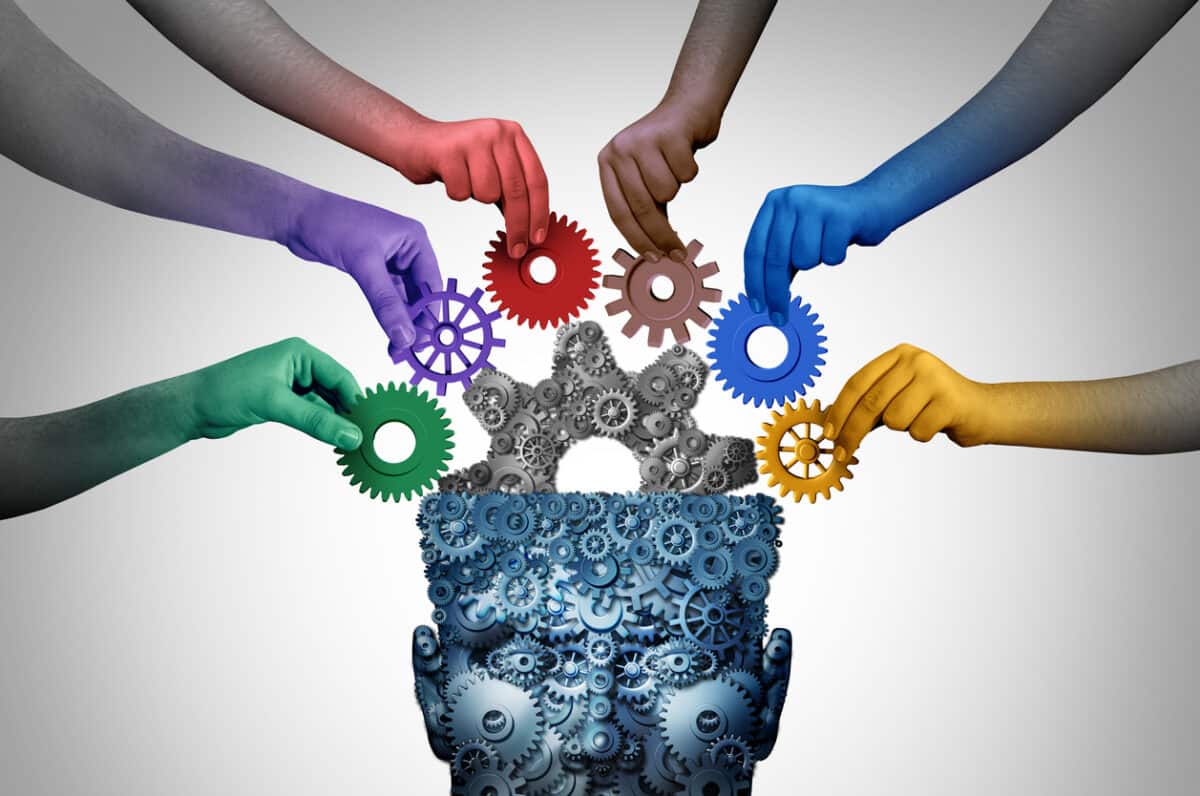One of the best articles about managing heat exposure at work is by Madi Chwasta of the Australian Broadcasting Corporation, who wrote about the Australian Open tennis tournament.
Tennis is usually played outdoors in summer, at least in Australia. The Australian Tennis Open, held in Melbourne, was heavily promoted and had a high public attendance rate. Some tennis matches are conducted in facilities with retractable roofs, but many others are held on outdoor courts with limited shade and no air conditioning.







